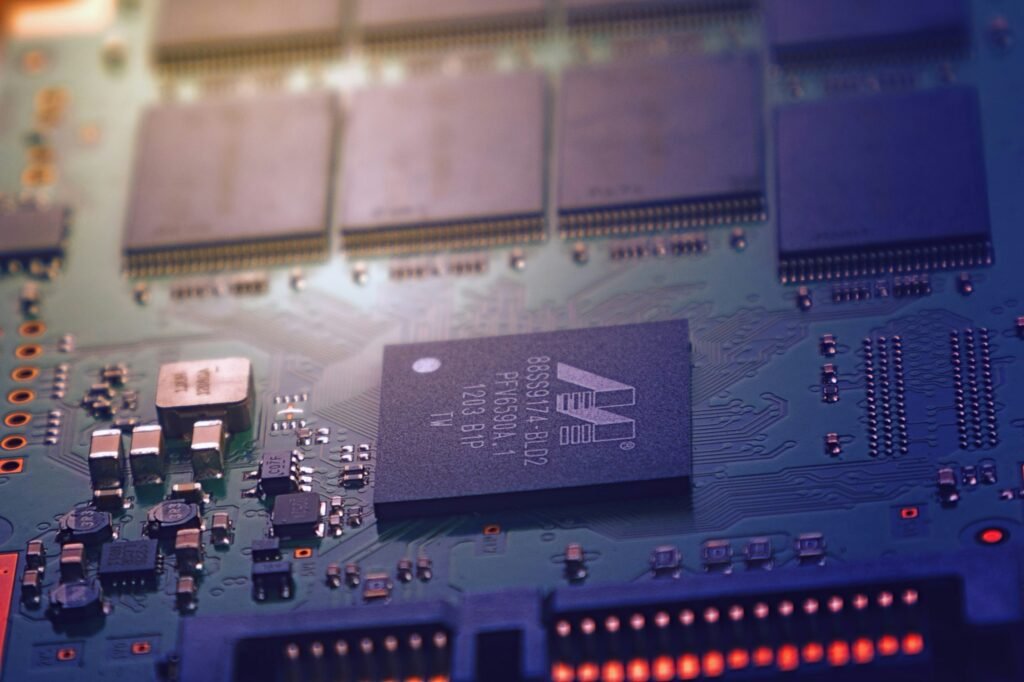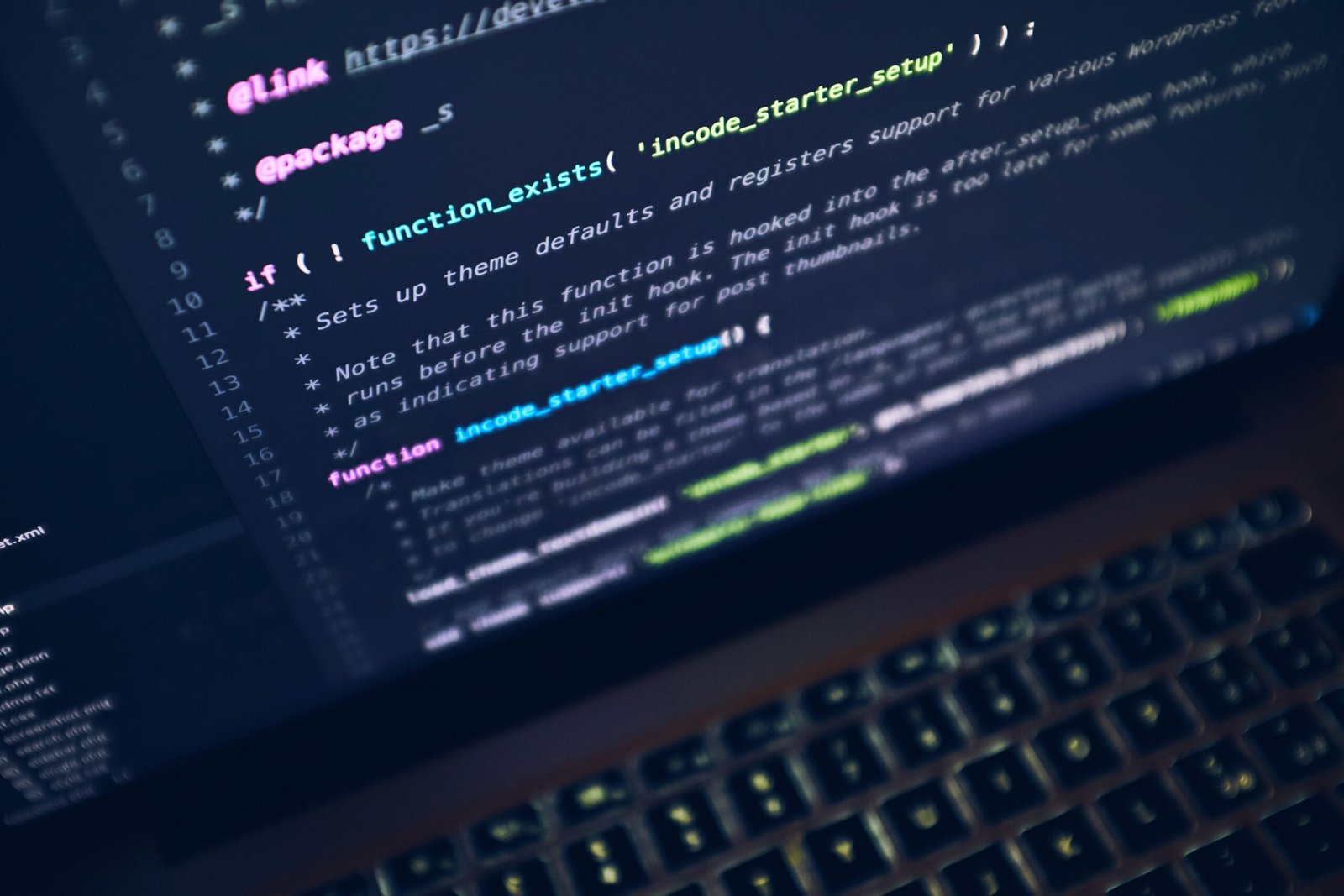Artificial intelligence (AI) technology has revolutionized industries across the globe, transforming the way businesses operate and interact with customers. This powerful technology allows computers and machines to imitate human skills and learn from past experiences. AI capabilities have become essential in sectors like high tech, telecommunications, financial services, and healthcare, embedding themselves in standard business processes. The AI ecosystem comprises various components such as machine learning, robotics, artificial neural networks, and natural language processing. With the global AI market estimated to reach a value of $142.3 billion by 2023, the industry is experiencing significant growth, propelled by investments in AI startups, particularly those specializing in machine learning and chatbot technologies. As the demand for AI talent rises, numerous companies are actively recruiting professionals for AI-related positions in different departments. With applications ranging from enhancing customer experience to generating valuable insights, AI is shaping the future of industries and is set to continue expanding in the years to come.
AI Transforming Industries
Artificial intelligence (AI) has revolutionized numerous industries, transforming the way they operate and enabling businesses to achieve new levels of efficiency and productivity. The widespread adoption of AI capabilities has led to significant advancements in sectors such as high tech, telecommunications, financial services, healthcare, education, manufacturing, transportation, retail, media and entertainment, and energy. Let’s explore how AI is making an impact in each of these industries.
High Tech Industry
The high-tech industry is at the forefront of AI adoption, with companies leveraging AI to develop innovative solutions and improve their products and services. AI-powered devices, such as smartphones and smart speakers, have become an integral part of our daily lives. These devices utilize machine learning algorithms and natural language processing to provide personalized user experiences and seamless interaction.
Furthermore, companies in the high-tech industry are using AI to automate various processes, enhance cybersecurity measures, and optimize supply chain management. AI-powered analytics tools allow businesses to gain valuable insights from massive data sets, enabling them to make informed decisions and identify new market opportunities.
Telecommunications Industry
The telecommunications industry has also embraced AI, using it to enhance network performance and optimize customer experiences. AI-powered network management systems can analyze vast amounts of data in real-time, enabling proactive maintenance and troubleshooting. This helps ensure smooth communication services and reduces network downtime.
Additionally, AI is revolutionizing customer support in the telecommunications industry. Chatbots, powered by natural language processing and machine learning algorithms, are capable of providing instant and accurate responses to customer queries. This improves customer satisfaction and frees up human customer service agents to focus on more complex tasks.

Financial Services Industry
In the financial services industry, AI is streamlining operations, improving efficiency, and enhancing the customer experience. AI-powered chatbots and virtual assistants are being used in banking and insurance sectors to provide personalized recommendations, automate processes, and answer customer queries.
Machine learning algorithms are employed to detect fraudulent activities and enhance security measures in financial transactions. By analyzing patterns and anomalies in large datasets, AI systems can quickly detect and flag potentially fraudulent behavior, saving financial institutions both time and money.
Moreover, AI-driven predictive analytics enables financial institutions to assess and mitigate risks more effectively. By analyzing historical data and market trends, AI systems can provide accurate predictions and assist in making informed investment decisions.
Healthcare Industry
AI is revolutionizing healthcare by enabling faster and more accurate diagnosis, improving patient care, and facilitating medical research. Machine learning algorithms are used to analyze medical data, such as patient records and images, to identify patterns and predict diseases. This allows healthcare professionals to make quicker and more accurate diagnoses, leading to improved patient outcomes.
In addition, AI-powered robots are assisting surgeons during complex procedures, enhancing precision and reducing the risk of errors. These robots can perform tasks with greater accuracy and efficiency, ultimately leading to better surgical outcomes.
Another area where AI is impacting the healthcare industry is in drug discovery and development. AI systems can analyze vast amounts of data to identify potential drug candidates and predict their efficacy. This accelerates the research and development process, bringing life-saving drugs to market more quickly.

Education Industry
AI is transforming the education industry, providing personalized learning experiences and enhancing educational outcomes. Intelligent tutoring systems utilize AI technologies to adapt lessons based on individual student’s learning styles and needs. This promotes self-paced learning and improves student engagement and retention.
Additionally, AI-powered virtual reality (VR) and augmented reality (AR) applications are being used to create immersive and interactive learning environments. These technologies allow students to visualize complex concepts and interact with virtual objects, enhancing understanding and knowledge retention.
Moreover, AI-based systems are being used to automate administrative tasks, such as grading and scheduling, freeing up valuable time for educators to focus on personalized instruction and student mentorship. Overall, AI is revolutionizing the educational landscape and enabling more effective and efficient learning experiences.
Manufacturing Industry
AI is reshaping the manufacturing industry by revolutionizing production processes, enhancing quality control, and optimizing supply chain management. Machine learning algorithms are utilized to analyze manufacturing data and identify patterns and anomalies, allowing businesses to optimize production processes and minimize defects.
AI-powered robotics and automation systems are improving operational efficiency and reducing labor costs in manufacturing facilities. These robots are capable of performing repetitive tasks with greater precision and speed, resulting in increased productivity. Additionally, AI-powered predictive maintenance systems can detect machine failures and optimize maintenance schedules, reducing downtime and prolonging equipment lifespan.
Furthermore, AI-driven analytics tools enable manufacturers to gain valuable insights from vast amounts of data collected across the supply chain. This allows businesses to identify inefficiencies, optimize inventory management, and enhance overall supply chain operations.

Transportation Industry
In the transportation industry, AI is transforming the way we travel and transport goods. Autonomous vehicles, driven by AI technologies, are on the rise, promising safer and more efficient transportation. These vehicles are equipped with sensors and AI algorithms that enable them to perceive their surroundings, make decisions, and navigate without human intervention.
Furthermore, AI-powered route optimization systems are being used to optimize logistics and reduce transportation costs. By analyzing various factors, such as traffic patterns, weather conditions, and fuel consumption, these systems can determine the most efficient routes for transporting goods.
Additionally, AI-based predictive maintenance systems are being utilized to monitor the condition of transportation vehicles, such as airplanes and trains. These systems analyze data from sensors and detect potential equipment failures, enabling proactive maintenance and minimizing disruptions.
Retail Industry
In the retail industry, AI is enhancing customer experiences, optimizing inventory management, and enabling personalized marketing strategies. AI algorithms are used to analyze customer data, such as purchase history and browsing behavior, to provide personalized product recommendations. This increases customer engagement and drives sales.
Chatbots, powered by natural language processing, are being deployed in retail platforms to provide instant customer support and answer queries. These virtual assistants can assist customers in finding products, providing information about stock availability, and even processing transactions.
Furthermore, AI-powered inventory management systems are being used to optimize stock levels, reduce wastage, and ensure timely replenishment. These systems analyze various factors, such as historical sales data, seasonal trends, and market demand, to determine optimal inventory levels.
Media and Entertainment Industry
AI is revolutionizing the media and entertainment industry, enabling personalized content recommendations, enhancing content creation, and streamlining production processes. Content streaming platforms utilize AI algorithms to analyze user preferences and behavior, providing personalized recommendations. This enhances user experiences and increases engagement.
Moreover, AI-powered content generation tools are being used to automate certain aspects of content creation, such as video editing and captioning. These tools can analyze footage, apply editing techniques, and generate captions, saving time and effort.
Furthermore, AI-driven analytics tools provide valuable insights into audience behavior and preferences. This enables media and entertainment companies to tailor their content strategies, enhance viewer engagement, and optimize ad placement.
Energy Industry
AI is making significant contributions to the energy industry, improving efficiency, reducing costs, and promoting environmental sustainability. AI-powered systems are utilized to optimize energy generation and distribution processes. By analyzing data from sensors and other sources, AI algorithms can optimize energy usage, minimize wastage, and reduce carbon emissions.
Furthermore, AI-driven predictive maintenance systems are used to monitor and optimize the performance of energy infrastructure, such as power plants and wind turbines. These systems can detect potential failures and optimize maintenance schedules, reducing downtime and increasing overall system reliability.
Moreover, AI algorithms are being employed to analyze weather patterns and optimize energy generation from renewable sources, such as solar and wind. This allows energy companies to better predict electricity generation and integrate renewables into the grid more efficiently.
Overall, AI is transforming industries across the board, revolutionizing operations, enhancing customer experiences, and unlocking new possibilities. The future of AI is bright, with advancements in machine learning, robotics, artificial neural networks, and natural language processing propelling the industry forward. As AI capabilities continue to evolve, we can expect further innovations and exciting breakthroughs in the years to come.






